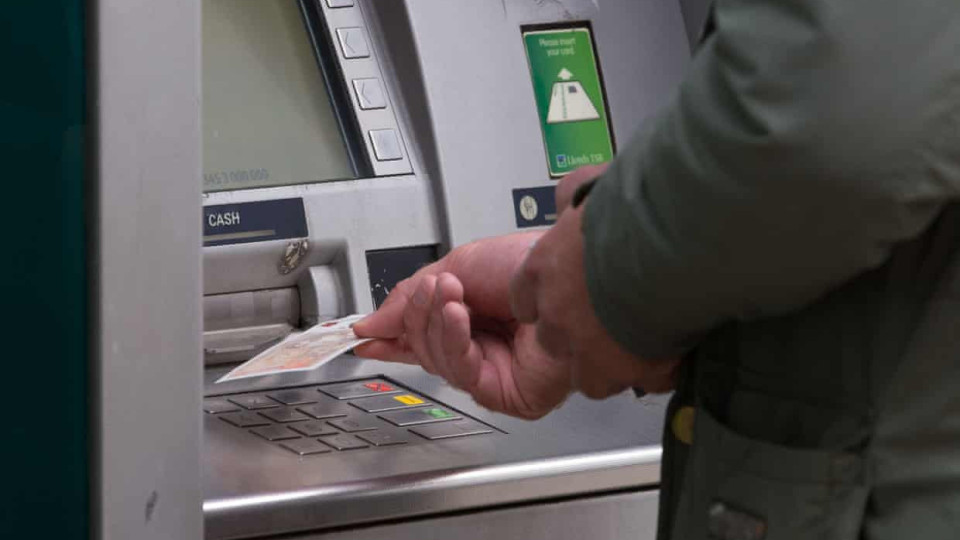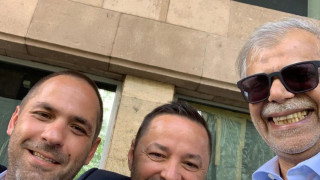
Free cash machines could become a thing of the past, according to consumer group Which? after it emerged that 1,700 ATMs switched to charging in the first three months of this year alone.
Most of the ATMs affected are operated by Cardtronics – the UK’s biggest cashpoint operator – which warned it is likely to convert a further thousand machines to charge fees in the coming months.
NoteMachine, another major cash machine provider, is also considering converting up to 4,000 of its 7,000-strong network to fees.
The NoteMachine chief executive, Peter McNamara, said: “We have always operated a free-to-use model wherever possible. However, in a worst case scenario, unless urgent action is taken to reduce the pressure on ATM operators by reversing the interchange fee reductions, NoteMachine will be forced to begin converting ATMs to surcharging.”
Behind the surge in fees is falling usage by consumers now switching to contactless payments for small purchases, and a shakeup in how Britain’s ATM network is funded through cuts in so called interchange fees. These are the payments made by banks to cash machine operators every time money is withdrawn.
There are about 52,000 free-to-use cash machines in the UK, but Which? warned this could fall by more than 10% in the coming months.
Fees are at least 95p per withdrawal in the ATMs that Which? has seen converted to charging, but at nearly a quarter of the machines the fee rises to between £1.50 and £1.99.
Link, which connects the vast majority of the UK’s cash machines, has begun a phased reduction in interchange fees, with cuts of 5% a year initially planned until 2021, although these were scaled back after an outcry from campaigners and concerns from regulators.
It said it is committed to protected free access to cash, and that less than 3% of withdrawals currently incur a fee. It added that the number of free-to-use cash machines has actually risen by 10,000 since 2009, while the number of pay-machines is down from 23,000 to 12,700.
But the Link chief executive, John Howells, admitted: “There is a risk to cash access in the long run.”
Which? said that without regulatory action, the UK risks drifting into a no-cash society that could shut some people out of paying for goods and services.
Earlier this month it found significant concerns over ATM fees among its members. Anita Brakewell, 54, from Blackpool, said: “Being disabled means I don’t have the option of walking to the next free cash machine, so these charges shut me out of cash that’s important to my daily life. My town has also suffered from bank branch closures, making it hard to access the cash and financial services I need.”
The speed of ATM conversions from free to charging has alarmed campaigners. “The rate of machines being converted to charge fees appears to be on the rise – with a staggering 1,250 (74%) of these conversions taking place in March alone,” Which? said.
A major report last month warned that the UK’s cash system is “on the verge of collapse” , finding that more than 8 million adults would struggle to cope in a cashless society.
The Access to Cash Review said companies and organisations providing essential services should be required to ensure that consumers can continue to pay by cash.
Gareth Shaw, the head of money at Which?, said: “Communities are being stripped of free access to cash at an alarming rate that could hit the most vulnerable in our society the hardest, while denying millions of people free withdrawals.
“A regulator is desperately needed to get a grip of these rapid changes across the cash landscape and ensure all those still reliant on this important payment method aren’t suddenly shut out from accessing the cash they need in their daily lives.”
The Guardian









Leave a comment